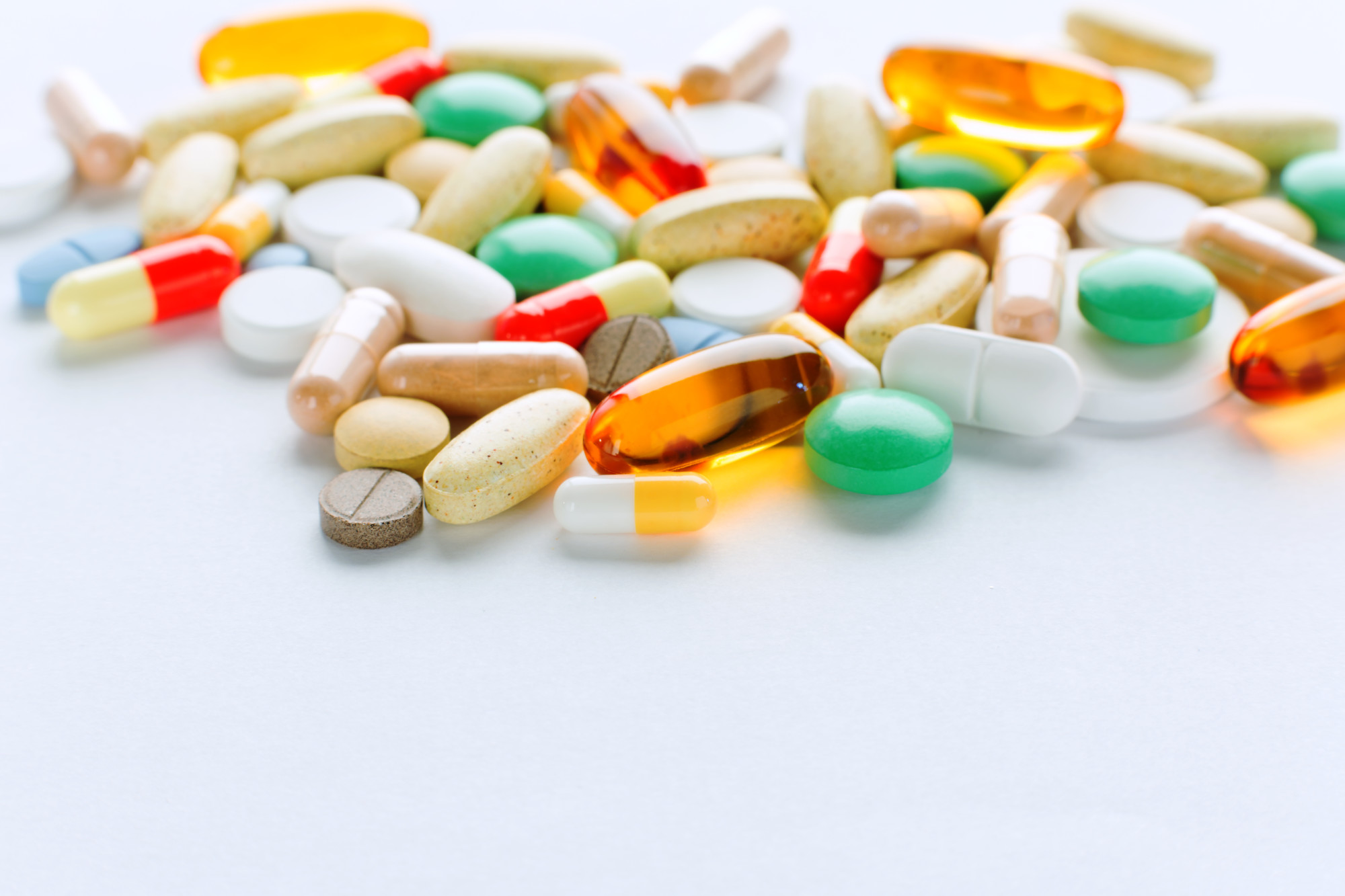On March 6, Virginia’s House of Delegates and Senate passed a bill that would legalize recreational marijuana. This landmark legislature is now ready for Governor Northam’s signature.
Across the US, more states are moving to legalize marijuana. Polls indicate that almost 70% of American adults support these measures.
Many states are struggling to make ends meet during COVID-19. Legalized marijuana products can bring in much-needed revenue.
But certain THC products are still illegal at the federal level. THC is the compound in cannabis that causes the sensation of being high. Larger THC levels cause more potent effects.
Some products contain trace amounts of THC. CBD, for example, doesn’t cause the same psychoactive reaction.
Certain products like CBD are currently legal in some areas of the US. But their legal status is complicated and often in flux.
This blog post will cover everything you need to know about THC and the law. Keep reading to find out more about this fascinating topic!
What is THC?
THC stands for tetrahydrocannabinol. This compound is a cannabinoid, a natural part of the cannabis plant.
Researchers have discovered over 100 different cannabinoids. These substances work by mimicking the endocannabinoids that human bodies produce.
Endocannabinoids bind to certain receptors called cannabinoid receptors. When this happens, the receptors are triggered. They send signals to the brain and other parts of the body.
Cannabinoids look so much like endocannabinoids that our bodies can’t tell the difference. They bind to the same cannabinoid receptors and trigger signals.
THC is the most well-known cannabinoid. This is the substance that causes the sensation of feeling high when you consume marijuana.
But how does THC work? And what signals does it send through your body?
The Function of THC
The endocannabinoid system works to keep the human nervous system going. When THC enters the scene, it takes charge of this process.
Studies have shown that THC can change the behavior of the human hippocampus and orbitofrontal cortex. These two brain regions are important for human memory and focus.
THC can also impact the basal ganglia and the cerebellum. These brain areas control our coordination and reaction speed.
As you can imagine, consuming THC impairs all these functions. It can limit memory and focus. It can also impact balance and reaction times.
When THC activates cannabinoid receptors, it causes them to release dopamine. This chemical is responsible for feelings of elation or euphoria.
THC takes charge of a natural human system to increase dopamine levels. This is what gives you the “high” that you often hear about when discussing marijuana.
Uses for THC
Consuming THC can be helpful for conquering anxiety or high levels of stress. Some studies have started using THC to treat conditions like PTSD in war veterans.
For people struggling with mental health conditions, THC can offer welcome relief. Anxiety and stress conditions can cause a negative chain reaction that damages health.
THC can help people struggling with these conditions to reclaim peace and calm.
For medicinal uses, many people prefer to use a THC tincture. In a tincture, THC is present in a liquid form. This makes it easier to consume.
Individuals struggling with cancer might find such a tincture particularly useful. Chemotherapy can cause extreme nausea and vomiting. Many patients have found THC helpful in counteracting these symptoms.
Finally, THC naturally increases the human appetite. People dealing with conditions like AIDS might struggle with appetite loss. For such individuals, THC can help them get the nutrients they need.
Of course, scientists still have a lot to learn about THC.
Certain THC products remain illegal in many regions. This makes it difficult for researchers to get permission and funding for their studies.
But the medical uses for THC are promising. As states continue to expand legalization, new studies will tell us even more about this famous cannabinoid.
CBD vs THC
CBD stands for cannabidiol. This is another cannabinoid found in the cannabis plant.
Over the past couple of years, CBD has become increasingly popular in the US. You have probably seen CBD advertised in beauty products or lotions. Some cafes even offer CBD lattes!
After THC, CBD is the most common cannabinoid used today. CBD comes from hemp or marijuana plants. It might contain a trace amount of THC, but not nearly enough to cause a high.
CBD has a similar structure to THC. But the fact that it doesn’t cause psychoactive effects is appealing to many people.
This cannabinoid can help with a variety of medical conditions. From nausea and depression to inflammation and seizures, CBD has a wide range of medical uses.
In 2018, the FDA approved a new epilepsy drug called Epidolex. This revolutionary drug can help reduce the number of seizures that people with epilepsy experience.
Beyond Epidolex, many people use CBD to treat other conditions like chronic pain. Studies have shown that CBD can be effective with long-term pain management.
Others have used CBD to help with anxiety or even opioid withdrawal.
Many individuals managing chronic health conditions are attracted to the benefits of CBD. Unlike THC, CBD doesn’t affect your ability to focus.
For people managing long-term conditions, CBD can provide the benefits of cannabis without disrupting your daily routine.
Of course, one obstacle standing in the way is the legal status of marijuana. CBD and THC are legal in many states. But the legal battle continues.
Let’s take a look at the legal status of THC now!
Legalizing THC
Oregon was the first state to take legal action with THC. In 1973, Oregon decriminalized marijuana. Decriminalization replaces criminal punishment with fines or other fees.
Legalization has been a bit trickier. Under full legalization, states would allow individuals to grow and sell marijuana products.
This process didn’t get in full swing until 1996. That was the year California first legalized medical marijuana.
Since then, many other states have followed suit. Arizona, New Jersey, South Dakota, and Montana moved to legalize marijuana.
However, the legal status of marijuana has a lot to do with the amount of THC present in a given strain.
Some states are now moving to restrict certain THC levels. Let’s take a look at some of the details of this process below.
Different Levels of THC
The amount of THC controls how much of a “high” you will feel when you consume marijuana products. In the early days of marijuana, most products only contained about 2% THC.
From 1995 to 2015, the average amount of THC increased by over 200%. Products today contain much more THC than marijuana products of the past.
This fact has concerned many individuals and members of the government. Is the huge increase in THC percentages healthy? Can the high rates of THC harm the health of people consuming cannabis?
And certain products are almost completely made of THC. THC vapes and oil cartridges deliver THC in a highly concentrated form.
When you consume marijuana in its natural bud form, the percentage of THC tends to be lower.
More potent strains of marijuana contain over 20% THC. Very rare strains might include up to 30%.
If you’ve ever tried an edible, you know that these tasty treats can pack a powerful punch. Most edibles are made by adding weed to oil or butter.
But how long do edibles last? This can vary widely depending on the recipe and the person consuming the edibles.
When you consume THC in an edible form, it tends to have a much more powerful effect. This is because your body is metabolizing the THC instead of simply inhaling it.
Many people make the mistake of assuming that more THC is better. This is simply not true. THC has a unique effect on every individual. It’s impossible to say what THC level is right for everyone without some trial and error.
Many legislators are concerned with the wide range of THC out there today. It can be difficult to regulate THC levels, especially in edible products.
These concerns have led to several limitations on the percentages of THC.
Understanding Legal THC Limits
Lawmakers in Colorado have tried to limit THC percentages for years. In 2016 and 2019, they tried and failed to pass legislation on this issue.
Many people who push for these reforms claim they are worried about children and teens who might be exposed to high THC levels. Around the country, similar arguments are taking place.
Hemp products are also under strict regulations in the US. Products like CBD are capped at a 0.3% THC limit.
This strict limit can make it difficult for many producers to get their products to market. Places like Europe use restrictions on the actual hemp seeds in place of THC caps.
Many people in the US are advocating for a similar system on this side of the pond.
In terms of other cannabis products with higher THC levels, the US doesn’t currently have a THC limit.
Lawmakers in Florida recently tried to place limits on THC levels. They suggested a 10% cap on smokable products and a 16% cap on edibles.
Supporters of medical marijuana strongly opposed this bill. They claim that limiting THC could have a negative impact on the medical benefits of marijuana.
Other states have their own marijuana restrictions. In Colorado, for example, you can only possess as many as 28 grams of THC at one time. You must also be over 21 to purchase any marijuana products.
In the event that marijuana becomes federally legal, THC limits might become more standardized.
For now, some states have also implemented DUI laws related to cannabis. The level of cannabis present in a driver’s blood determines whether they receive a DUI.
Because we don’t fully understand how THC works, it’s hard to make the case for legal limits. As research advances, restrictions may become more standardized.
What About Delta 8 THC?
Delta 8 THC has recently taken the US by storm. This new hemp extract is closely related to its cousin THC.
Like conventional THC, delta 8 can cause feelings of euphoria associated with the traditional “high.” But many people who have tried delta 8 report that it is less potent than THC.
But is delta 8 THC legal?
Unlike THC, delta 8 is currently legal at the federal level. In 2018, the Farm bill legalized any derivatives of hemp that contain less than 0.3% THC.
Of course, each state can still enforce specific regulations. You should check your state laws before purchasing delta 8 products. But many leaders of the cannabis industry are excited about the prospects delta 8 has to offer.
Delta 8 THC has already shown promise for treating many different medical conditions. Industry experts predict that it will soon overtake CBD in popularity.
Since its introduction, delta 8 has saturated the market. You can now buy delta 8 vape products, tinctures, and even gummies.
Before purchasing or consuming any cannabis product, you should review federal and local laws. You should also make sure that your distributor has the proper licenses and authority to sell their merchandise.
Our understanding of the cannabis plant is still in its early stages. Although this plant seems to offer a lot of medical promise, stigma and a lack of research are still standing in the way.
As we move further into 2021, it will be fascinating to follow the story of new cannabis products like delta 8. What new medical benefits will we uncover? And how will this impact the legalization of marijuana in the US?
These and many other questions will be addressed in the months and years to come.
Learn More Today
We hope you’ve enjoyed this comprehensive review of THC levels and legalization! New cannabis products offer a lot of promise, but much more research is still needed.
Keep visiting our blog to learn more about this and many other exciting topics. We look forward to having you!

